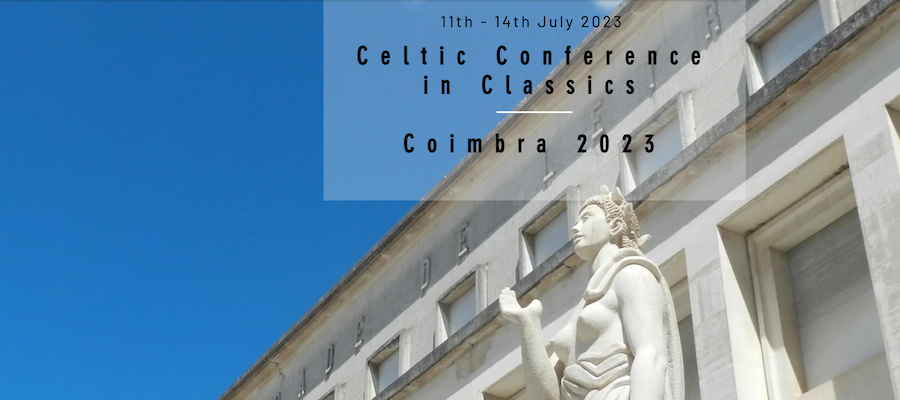Interfacing with Linguistic Norms, 323 BCE–1453 CE, session at the 2023 Celtic Conference in Classics, Coimbra, July 11–14, 2023
This panel focuses on the use of linguistic norms in literature between Antiquity and the Middle Ages. From the idea of Hellenismos/Latinitas/ʿArabiyya until the development of the concept of ‘national language’, the promotion of language correctness and the imitation of canonical texts are elements of continuity in the endless compromise between norms and usage. At the same time, every literature has breakpoints in which canons are contested/complemented by new (literary and/or linguistic) models; consequently, the interfacing with norms changes.
Our aim is to study what happens when literature interfaces with norms; the following research questions are the foundation of our reflection:
- To what extent do norms influence usage and vice versa? Does the use comply with the norm always and in the same way, or not?
- How is the terminology of norms shaped and how does it change throughout time?
- What is the relationship between literature and the formulation of linguistic norms? And which role does the idea of literary canon play in the formulation of grammatical norms?
- What happens to customary norms and their use in literature when the canon changes? What is the reaction from contemporary voices?
The panel focuses on a period longer than Antiquity (323 BCE – 1453 CE) to understand if, when and how the use of norms changes throughout time. This allows making broader considerations on the topic, which are particularly helpful to understand 1) canonical texts, their transmission, and their reception(s); 2) how linguistic norms act in diachrony; 3) how norms shape language usages and vice versa; 4) how the relationship between norms and usage changes over time.
The aim of this panel is to gather scholars working on norms, the reception of norms, the relationship between grammatical texts and literary/non-literary usages in different traditions, and literature within its historical context. We would be particularly glad to discuss case studies that relate norms from ancient or medieval sources to their origin from past models and their use, misuse, or rejection within literary texts, in a diachronic perspective; or case studies that stress breakpoints along with their consequences. The panel will also be the perfect occasion to reflect on how past and present scholarship has dealt with this challenging topic. Latin and Greek literature and language are the fields of expertise of both organisers; however, proposals on different languages and cultures of the broader area of antique and medieval Eurasia and Africa will be considered with great favour. In this case, chronological boundaries can be discussed with organisers, although the panel focuses on premodern era.
Organisers
Dr Chiara Monaco
Dr Ugo Mondini
